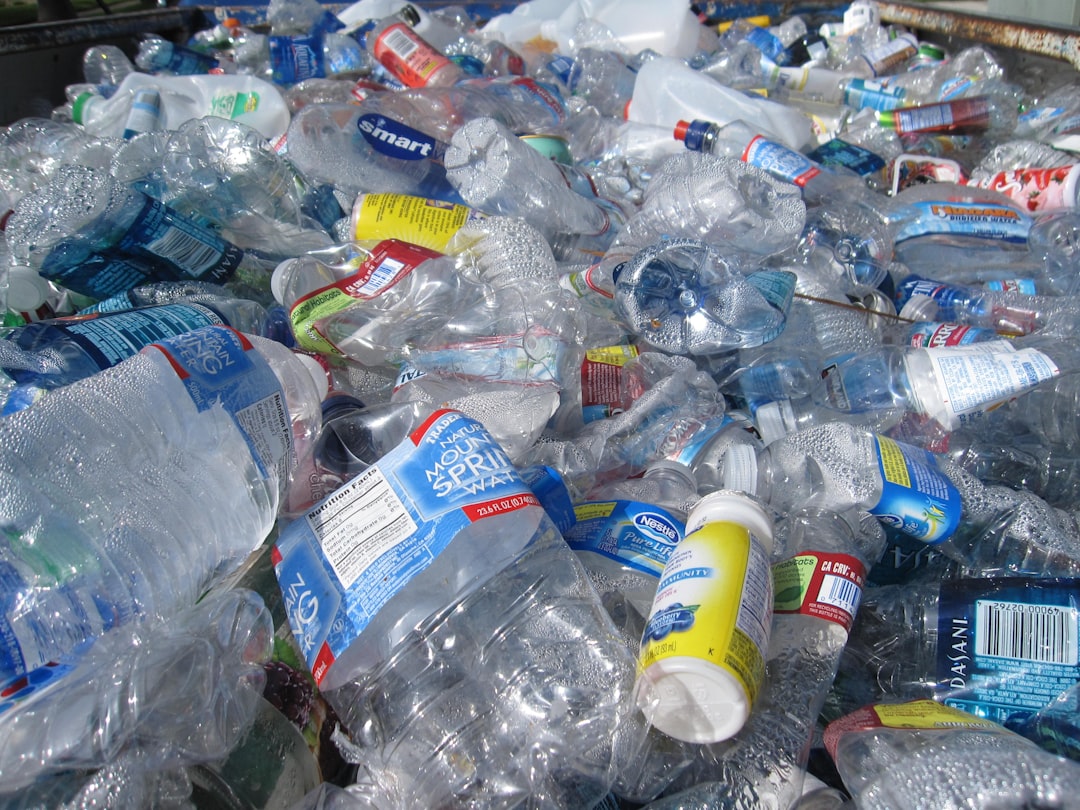Here comes the big recycling bill
Plus the Observer gets a new reporter and Washington hits a new low in split representation
There’s a big rollout scheduled this morning at the Seattle Aquarium1 for sweeping proposed changes to the way Washington handles the recycling of plastic and other materials.
We touched on this topic a couple of weeks back when we wrote about Rep.-elect Beth Doglio taking over House Environment & Energy. Today’s event features the sponsors of the measur…
Keep reading with a 7-day free trial
Subscribe to The Washington Observer to keep reading this post and get 7 days of free access to the full post archives.




